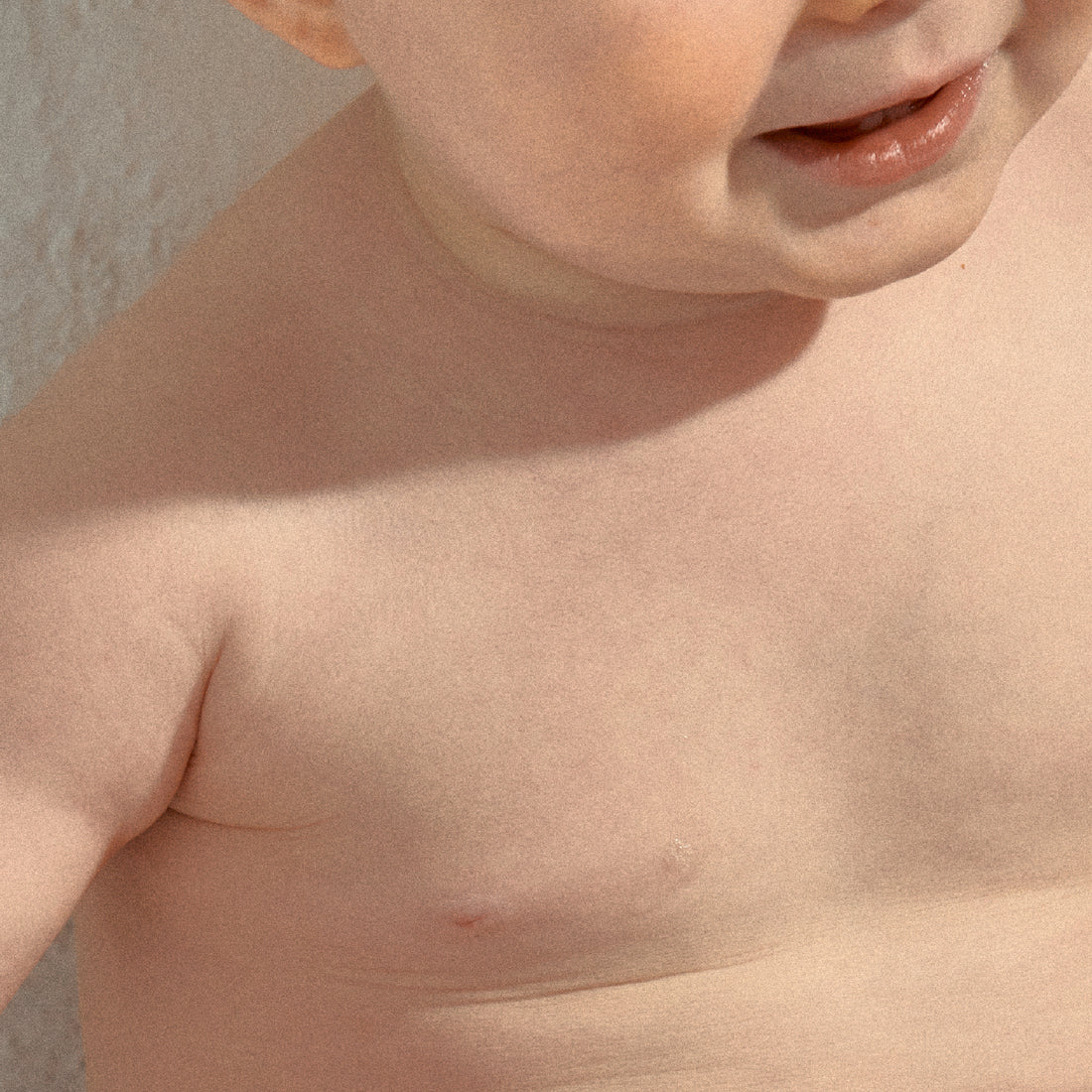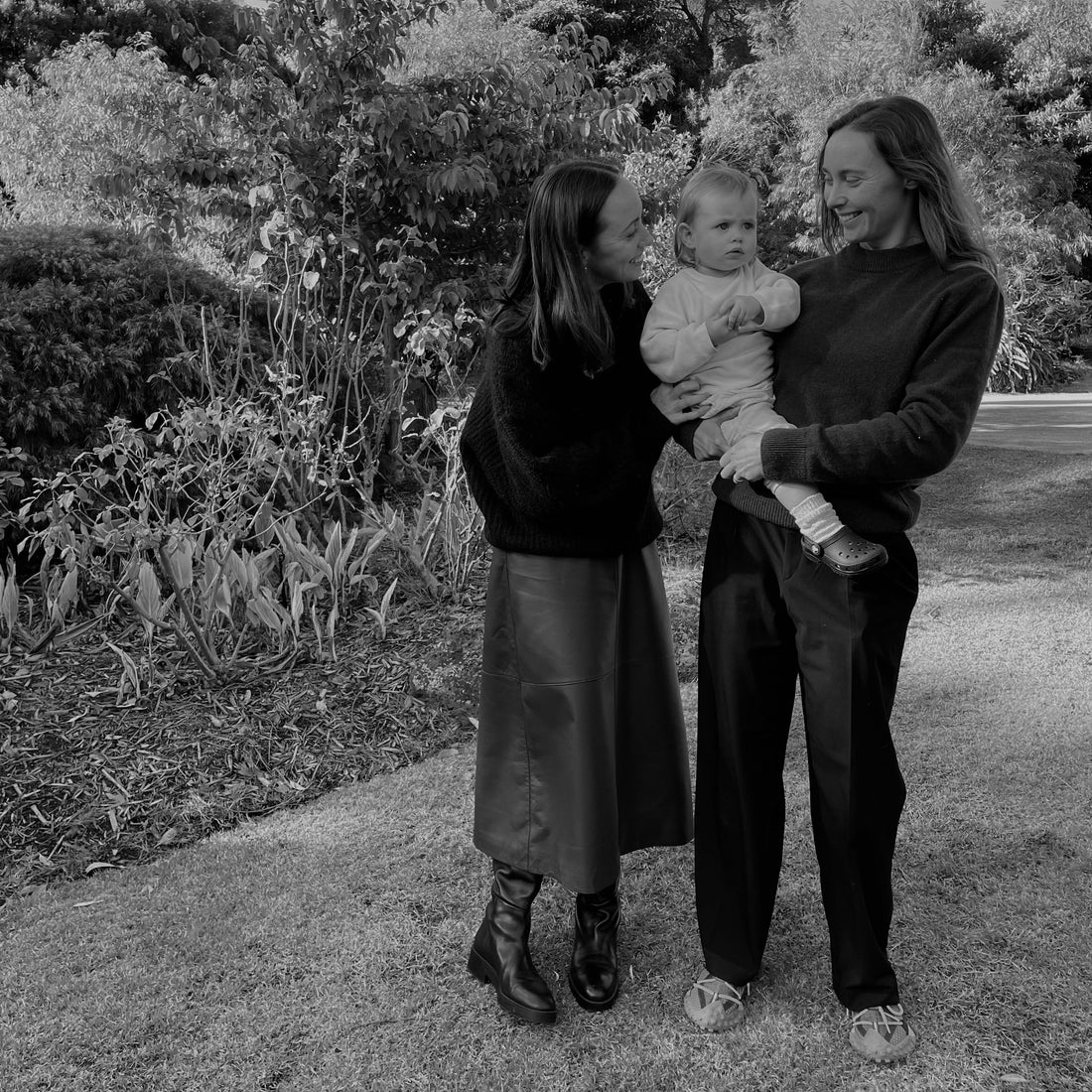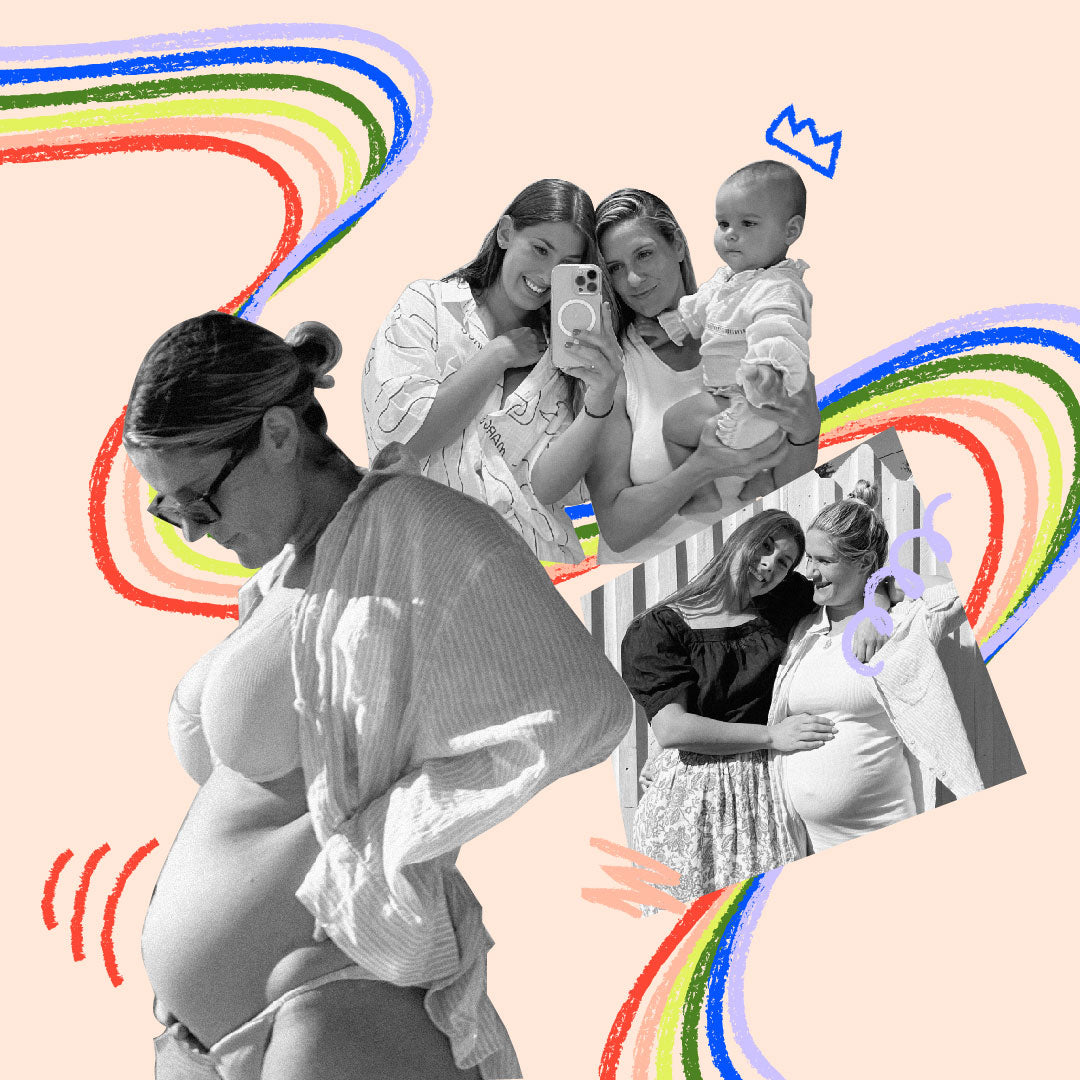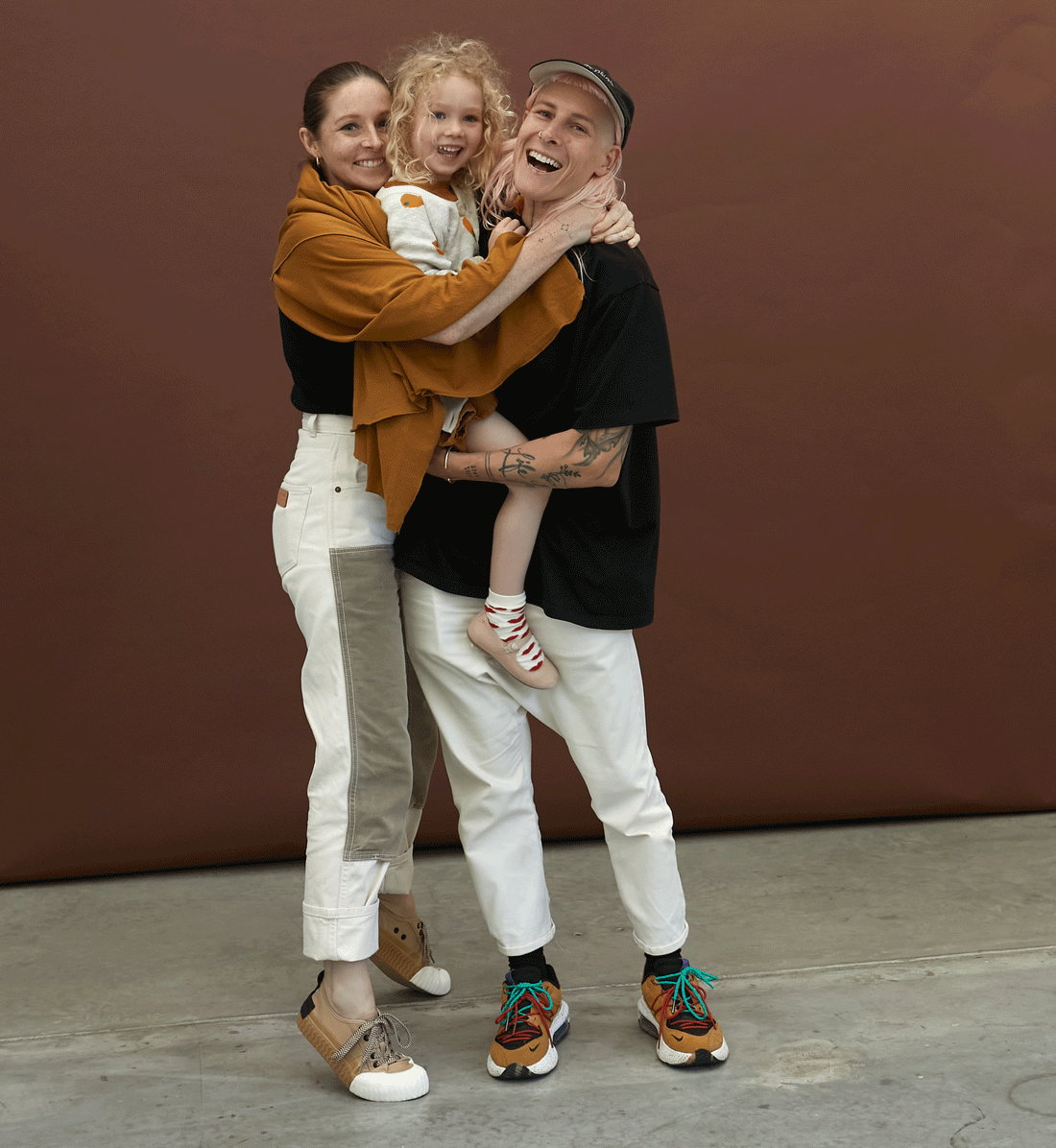Where to begin when starting your rainbow family.
The road to starting a family is not a straight one for many couples, but for those in a same-sex relationship that particular winding road is filled with speed bumps, stop signs, and sometimes blatant road blocks. And because the rules vary in every state we spoke to some experts: GP and doctor for InstantScripts, Dr Sonja Coetzee and Family Creation Lawyer Sarah Jefford (who specialises in surrogacy and donor conception) to help explain what you may encounter and some things you may need to consider. If you are a queer couple looking to conceive, or you know someone who is, we hope this story illuminates the path for you and helps you along the way.
All couples:
One of the first points of difference with same sex couples starting a family (to heterosexual couples in the same position) comes in pre-conception: mandatory pre-conception counselling. Dr Coetzee explains that in every State and Territory (except NT), it is mandatory for intended parents to undertake counselling, but also notes that this is also true for all couples (regardless of sexual orientation) who are specifically looking at surrogacy as a family option.
While this may seem initially jarring and discriminatory, queer families we’ve spoken to who have undergone this process (read those stories here and here) have found this helpful in guiding conversations that the couple may need to have to ensure they’re on the same page before beginning the journey.
Male couples: the options
Gay couples in Australia can enter surrogacy arrangements, with the current exception of Western Australia, which Sarah Jefford says is about to change to remove that discrimination. “The laws differ between states, but overall the process and criteria are very similar,” she says. While surrogacy may be the more common choice for two-dad families, Sarah says “there is so much complexity in surrogacy and I would encourage anyone to take their time rather than diving into the first option they come across.”
"There is so much complexity in surrogacy and I would encourage anyone to take their time rather than diving into the first option they come across.”
Surrogacy
Sarah says there are some unique conversations that gay dads should have about what they hope their family will look like prior to starting a family. These include who may want to be the DNA dad, and what relationship they want to personally have — and their child to have — with the egg donor or surrogate.
“Surrogacy relationships extend well beyond the birth, as the surrogate and egg donor are part of the child’s story and it is to their benefit to know those connections as they grow. Genetics are a complex story and we want every donor-conceived person to know that they were conceived with love and that their story is open to them,” says Sarah.
Two other things to be mindful of is the timeframe (surrogacy can take a long time in Australia), and of course the monetary cost. In Australia, surrogacy itself is altruistic (that is; unpaid), however Sarah says that the intended parents need to cover all expenses relating to the pregnancy including IVF treatment, counselling and legal costs, and the surrogates lost income.
When it comes to the actual process of surrogacy, Sarah says many gay dads find a surrogate within their own network of family and friends, with about a quarter involving relationships formed on social media (like dedicated surrogacy Facebook groups).
“There are two types of surrogacy - gestational and traditional, and both are legal in Australia”, explains Sarah. Gestational surrogacy is where a surrogate carries an embryo with an egg from someone else, while traditional surrogacy uses the woman’s own egg.
"Surrogacy relationships extend well beyond the birth, as the surrogate and egg donor are part of the child’s story and it is to their benefit to know those connections as they grow. Genetics are a complex story and we want every donor-conceived person to know that they were conceived with love and that their story is open to them.”
Other options:
Other options for gay dads include co-parenting arrangements with a single friend where parenting is shared (which is legal, but complex) and obviously different in each situation. Sarah also notes that “adoption is possible, but uncommon in Australia”, and suggests foster care may be another option to consider for gay couples.
Female couples:
While same-sex female couples also have all those options available to them, they also have the option of conceiving via fertility treatment and donor sperm. Like with would-be gay dads there are conversations unique to female couples that are recommended before starting the journey. These might look like: who will carry the baby, and if this may be the same for future children, if they’d like to explore a known donor, and if so what they hope their relationship — and their child’s relationship — may look like with that person. It’s advised to seek legal advice if this is the case as it will help to put boundaries in place.There is also the option of reciprocal IVF available to two-mum families. This is where one partner’s egg and donor sperm can be fertilised and then implanted into the other partner to carry the child.
When it comes to the process, Dr. Coetzee explains that while same-sex couples can access IVF in all States and Territories in Australia the rules differ between each state so you’ll need to research what options are available in your home state.
There are three options available to intended female parents for conception. ICI (intracervical insemination) IUI (intrauterine insemination) and IVF (in vitro fertilisation). “IUI (intrauterine insemination) allows sperm to reach eggs faster by placing it directly into the uterus. IVF patients take high doses of injectable hormones to produce more egg-bearing ovarian follicles. A 10-minute outpatient procedure retrieves mature eggs through the vagina then the eggs are combined with partner or donor sperm in a lab, and the embryos are either transferred to your uterus or frozen for later use, “ explains Dr. Coetzee.
How to prepare
Aside from having the conversations with your partner, Sarah recommends that same sex couples join groups dedicated to rainbow families on Facebook to help with advice and support. “There are dedicated same-sex family playgroups and rainbow family networks that can also help them see their family reflected in the community and this is great for their kids too,” she says.























